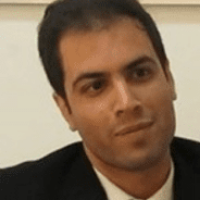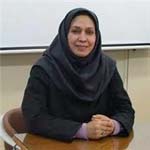An analysis of understanding curriculum in higher education studies in Iran
The meaning and importance of the curriculum in higher education in connection with the developments of higher education in the social field, has undergone fundamental changes. Hence, the question is how such a situation is represented in the Iranian context? Therefore, the focus of the present study was on the analysis of how to understand the curriculum in Iranian higher education studies using a phenomenological approach. In this context, curriculum studies in Iranian higher education was collected in the last decade by the systematic review method. Using a purposeful sampling technique, 57 articles were selected and qualitatively analyzed in two levels of open and axial coding. As a result, four ways of the understanding curriculum in selected articles, were identified, defined and explained by experimental examples: 1) task-oriented understanding, 2) responsive understanding, 3) project-oriented understanding and 4) learning- research understanding. These ways of understanding were defined and explained by citing empirical examples. The common denominator of the three primary ways is that it dominates the traditional and limited meaning of the curriculum (mechanisms for selecting, organizing and transferring knowledge in a course of study) on the intellectual foundations of curriculum studies in Iranian higher education. Also, the quasi-learning way indicates the dominance of the limited and traditional meaning of the curriculum on the intellectual foundations of the limited number of studies that have studied the curriculum in higher education is based on its broad meaning (the social process of understanding and developing meaningful learning experiences). As a result, understanding the curriculum in Iranian higher education studies is involved in the dogmatism of traditionalism, which can seriously jeopardize its usefulness for the excellence of university education and learning. This study can help to rethink the understanding and intellectual flow of the higher education field of study in order to get out of such an intellectual dogmatism.
-
Foundations of Religious Ethics Education: Insights from the Perspectives of Al-Ghazali
Ali Mahdikhani, Mahboubeh Arefi *, Esmaeil Jafari
Foundations of Education, -
Investigating Students' participation in Iran's Higher Education (Metasynthesis)
Raheleh Tavakoli Yaraki *, Mahboubeh Arefi, Esmail Jafari, Mohammad Khademi
Journal of Higher Education Letter, -
Towards Reviewing and Developing the Applicability of University E-Learning in the Post-Corona: Introducing a Strategic Model
*, Armita Ghorban Shiroodi, Somaye Rahimi
Journal of Science & Technology Policy, -
Qualitative meta-analysis of futures studies in higher education: case study of futures studies desk in higher education
R. Maniee *, H. Kamali
Interdisciplinary Studies in the Humanities,




